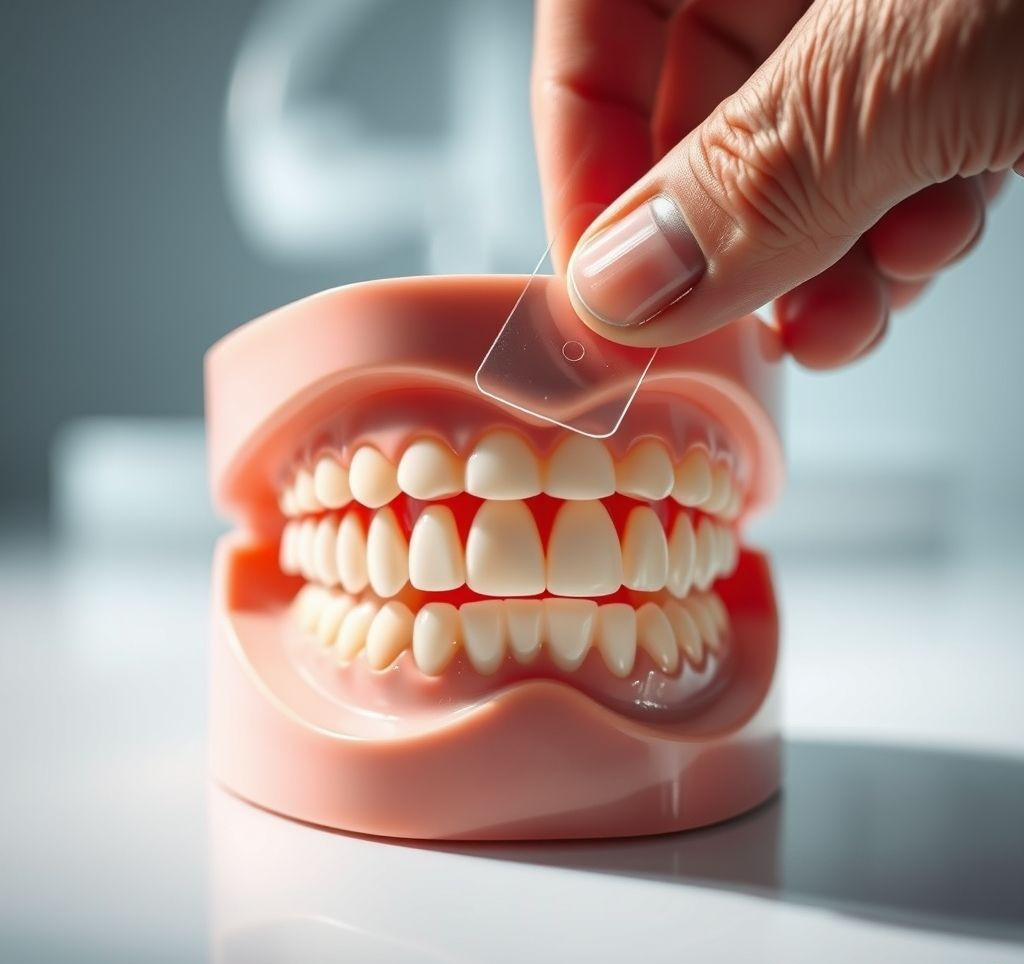In recent years, gluten free dieting has surged in popularity, often touted as a solution for everything from digestive discomfort to weight loss. But with so much information available, it’s crucial to separate fact from fiction. Does cutting out gluten truly lead to weight loss for everyone? Let’s delve into the science and uncover the realities behind this dietary approach.
Why Understanding Gluten Free Dieting is Crucial
Understanding the potential benefits and drawbacks of gluten free dieting is essential before making drastic changes to your eating habits. A well-informed decision ensures that you’re prioritizing your health and well-being. Here’s why:
- Improved Digestive Health (for some): Individuals with celiac disease or gluten sensitivity experience significant relief from digestive symptoms when following a gluten-free diet.
- Potential for Weight Management: When done correctly, a gluten free diet can lead to weight loss, not because of the absence of gluten itself, but because it often involves reducing processed foods and increasing whole foods.
- Increased Awareness of Food Choices: Embarking on a gluten free diet encourages a deeper understanding of food labels and ingredients, promoting healthier eating overall.
- Identification of Underlying Sensitivities: Gluten free dieting can sometimes help identify other food sensitivities or intolerances, leading to a more personalized and effective dietary approach.
Core Principles of Gluten Free Eating
A gluten free diet focuses on eliminating gluten, a protein found in wheat, rye, and barley. However, it’s not just about avoiding these grains; it’s about adopting a holistic approach to eating that emphasizes nutrient-dense, naturally gluten-free foods. Key principles include:
- Focus on Naturally Gluten-Free Foods: Fruits, vegetables, lean proteins, legumes, nuts, seeds, and gluten-free grains like rice, quinoa, and corn should form the foundation of your diet.
- Read Food Labels Carefully: Gluten can be hidden in unexpected places, such as sauces, dressings, and processed foods. Always check labels for gluten-containing ingredients.
- Beware of Cross-Contamination: When preparing food, prevent cross-contamination by using separate cutting boards, utensils, and toasters for gluten-free items.
- Choose Certified Gluten-Free Products: Opt for products that are certified gluten-free to ensure they meet strict standards and are safe for consumption.
A Step-by-Step Guide to Healthy Gluten Free Eating and Weight Management
Tran
sitioning to a gluten free diet for weight management requires a strategic approach. Here’s a step-by-step guide to help you succeed:- Consult a Healthcare Professional: Before making any significant dietary changes, consult with a doctor or registered dietitian. They can assess your individual needs and provide personalized guidance.
- Create a Meal Plan: Plan your meals in advance to ensure you’re getting a balanced and nutritious diet. Focus on whole, unprocessed foods.
- Identify Gluten-Containing Foods: Make a list of foods that contain gluten and find suitable gluten-free alternatives.
- Gradually Eliminate Gluten: Start by gradually reducing your intake of gluten-containing foods rather than abruptly cutting them out completely. This can help minimize withdrawal symptoms.
- Focus on Portion Control: Even with gluten-free foods, portion control is crucial for weight management. Be mindful of your calorie intake. The Academy of Nutrition and Dietetics states that focusing on portion sizes is a key component of any healthy diet.
- Stay Hydrated: Drink plenty of water throughout the day to help with digestion and satiety.
- Monitor Your Progress: Keep a food journal to track your meals and monitor your weight loss progress.
Expert Tips & Best Practices for Gluten Free Dieting
To maximize the benefits of gluten free dieting and avoid common pitfalls, consider these expert tips and best practices:
- Don’t Just Replace Gluten with Empty Calories: Many gluten-free products are high in sugar, fat, and refined carbohydrates. Choose nutrient-dense alternatives like whole grains, fruits, and vegetables.
- Ensure Adequate Fiber Intake: Gluten-free diets can be low in fiber, which is essential for digestive health and weight management. Include plenty of fiber-rich foods like legumes, vegetables, and gluten-free whole grains.
- Consider Vitamin and Mineral Supplementation: Cutting out gluten can sometimes lead to nutrient deficiencies. Talk to your doctor about whether you need to supplement with vitamins and minerals like iron, calcium, and vitamin D.
- Be Patient and Persistent: It takes time to adjust to a gluten-free diet and see results. Be patient with yourself and stay consistent with your healthy eating habits.
“For people with celiac disease, following a gluten-free diet is essential for managing their condition and preventing long-term health complications. However, for others, the benefits may be less clear-cut.” – Mayo Clinic



















